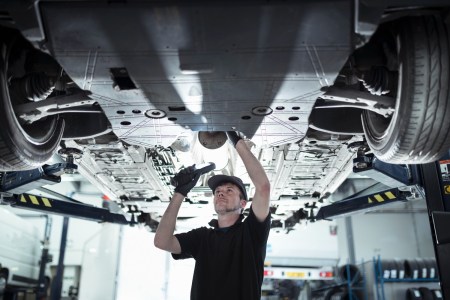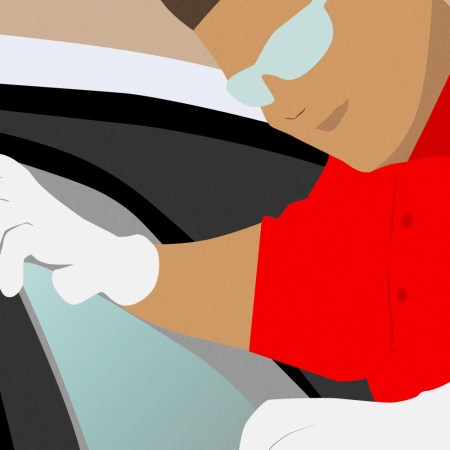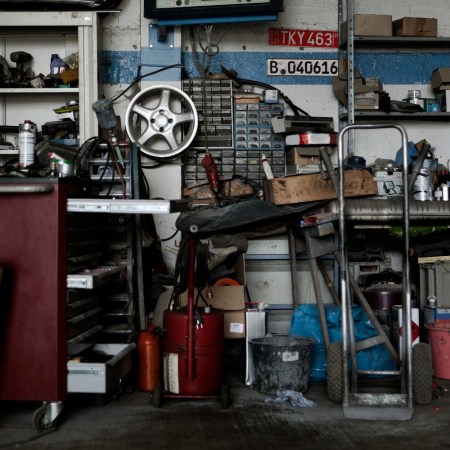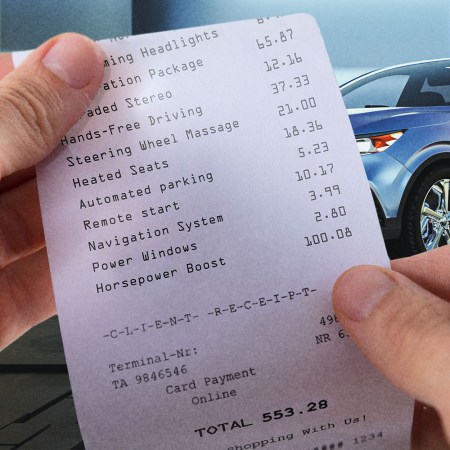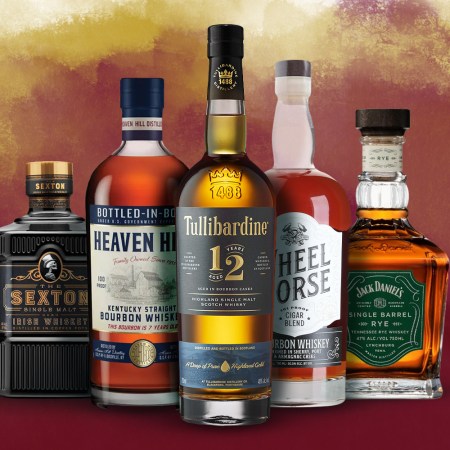If you’re buying a used car — and plenty of people across the nation are doing precisely that, for eminently understandable reasons — one of the primary downsides can be the lack of a warranty. While car buyers going the certified pre-owned route might get some variation of a warranty, it’s unlikely to be as wide-ranging as the one that accompanies new vehicles.
All of that helps to explain why the service CarShield — complete with an ad campaign abounding with celebrity testimonials — has found eager customers. Unfortunately, based on a recent settlement CarShield’s parent company agreed to with the Federal Trade Commission, not everything that CarShield promised its customers was entirely on the level. And now, CarShield will be paying out a $10 million settlement to its customers.
“Instead of delivering the ‘peace of mind’ promised by its advertisements, CarShield left many consumers with a financial headache,” Samuel Levine, who heads the FTC’s Bureau of Consumer Protection, said in a statement announcing the settlement.
At issue were CarShield’s claims in their ads that a $100 deductible would cover most repairs and that customers would be able to use their garages of choice. According to the FTC, numerous consumers found that their preferred repair facilities did not accept CarShield or that the work they needed done on their vehicles was not, in fact, covered by their CarShield policy. (Or both.) Another part of the service — one related to rental cars as a temporary replacement for vehicles being serviced — has also come under scrutiny.
Modern Cars Are Complicating the Debate Over the Right to Repair
Advances in technology have led to some unexpected challengesCarShield definitely tapped into a market that exists and a real need that many drivers have. Unfortunately, based on the revelations in this settlement, the gulf between what was advertised and what was delivered was substantial. (The Washington Post‘s Michelle Singletary recommended keeping a dedicated bank account for surprise repairs as an alternative to services like this.) In announcing the settlement, the FTC also provided a warning for companies engaged in similar practices — along with some guidelines for how to avoid a similar regulatory action.
UPDATE: In response to the settlement, CarShield has issued a statement. “While we disagree with many of the assertions from the FTC, we share their commitment to helping customers fully understand exactly what we provide and the value we offer,” the company stated. “That’s why we were glad to work alongside the agency to answer their questions and carefully examine ways to improve our communications with customers. This only strengthens our already valuable product.”
“Our marketing efforts now include additional details about the elements of car repair typically covered and direct potential customers to our website, where full plans are easily viewed prior to making a purchase decision,” they continued. “We have significantly expanded our Shield Repair Network by adding more than 10,000 preferred car repair shops, and added a concierge system to help customers quickly locate a repair facility convenient for them. We have expanded rental car coverage, provided rideshare benefits for customers, and improved our rental car process to allow for earlier coverage. Finally, we are making very clear that all spokespeople in our ads are actual CarShield customers.”
This article was featured in the InsideHook newsletter. Sign up now.

